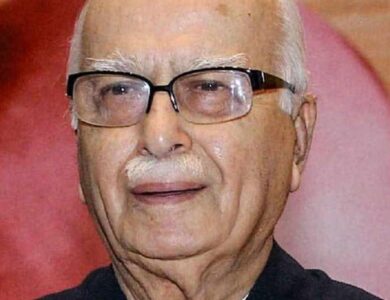WHO Probes Possible Polio Case in Meghalaya Amid Concerns Over Vaccine-Derived Infection

Meghalaya’s Health Minister, Mazel Ampareen Lyngdoh, announced on August 21, 2024, that the World Health Organization (WHO) is conducting an extensive investigation into a possible new strain of polio affecting a two-year-old child in the Tikrikilla region of the state. While the state government awaits sample test results from laboratories in Kolkata and Mumbai, the Union Health Ministry has clarified that this case does not involve wild polio. Instead, it appears to be a vaccine-derived infection affecting individuals with low immunity.
Dr. Lyngdoh indicated that results from the tests are anticipated by the end of the week. “Another case has been reportedly detected in a different state, and it appears to be a different strain of polio. The WHO is looking into this further for confirmation,” she stated.
The Health Minister highlighted the government’s proactive measures, noting that they are closely monitoring the situation in Tikrikilla, where there has historically been resistance to vaccination. “The child is currently under observation, and we are in regular contact with the family. Medical professionals caring for the child have assured us that he is doing well,” she remarked, acknowledging that this incident could have implications for future vaccination campaigns.
Dr. Lyngdoh did not dismiss the possibility of the WHO issuing an advisory should this new strain be verified. It is important to remember that the WHO declared India polio-free in 2014 after the last recorded case of wild poliovirus in 2011.
Health officials in Meghalaya remain vigilant following the identification of this poliomyelitis case in Tikrikilla, located in the West Garo Hills district. Chief Minister Conrad K. Sangma confirmed that the child was diagnosed at a hospital in Assam’s Goalpara.
Globally, rare cases of polio have been reported, usually among children who contract the disease after coming into contact with the weakened virus found in the oral polio vaccine (OPV). Although the OPV has been instrumental in eradicating wild polio, the live virus can mutate, leading to vaccine-derived poliovirus, which can pose a risk to unvaccinated individuals or in areas with low vaccination rates.








